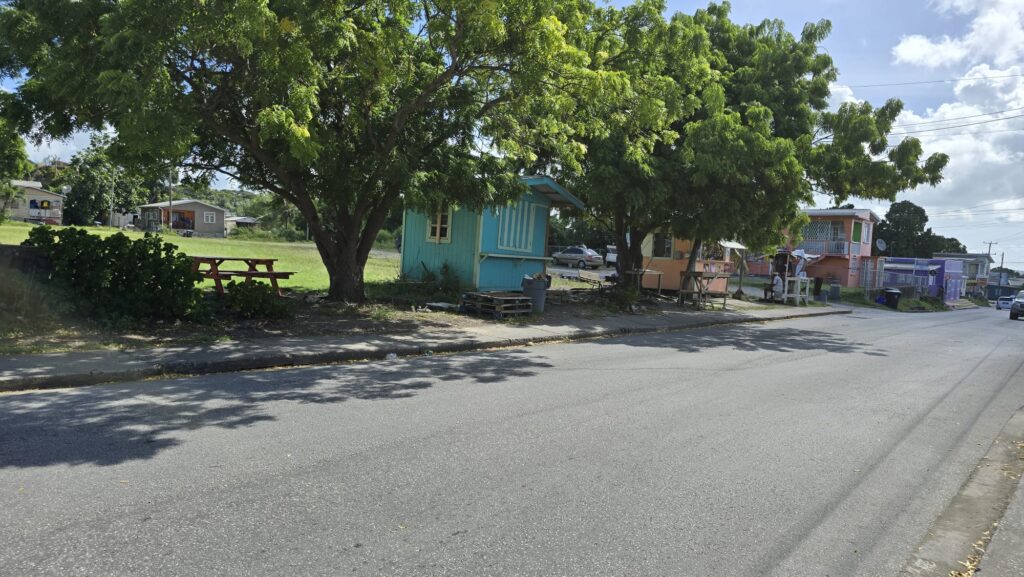The teaching profession is poised for its biggest overhaul in decades, as the Ministry of Educational Transformation confirmed plans to require all teachers to hold a professional licence before entering the classroom by 2027, Barbados TODAY can reveal – a move intended to raise standards but which experts warn will require careful planning to succeed.
In addition to gaining certification after training at Erdiston Teachers’ Training College, all teachers will be required to secure a professional licence before entering the classroom, as part of the education reform plan.
Ministry officials said the licensing regime will be developed in line with international standards and best practice, and will be introduced only after comprehensive consultation with education stakeholders to ensure a fair, transparent and smooth rollout.
But Dr Ian Marshall, a veteran teacher of more than 30 years’ experience across primary, secondary and tertiary education, urged caution, stressing that while the idea of teacher licensure is laudable, its success depends on careful planning and evidence-based implementation.
Chief Education Officer Dr Ramona Archer-Bradshaw said the aim was not to penalise teachers, but to strengthen standards, accountability and public confidence in the profession.
“We understand as a ministry that when people think about licensing, there is a perception there will be punitive oversight and dismissals,” she said. “But the intention of the ministry is a positive one because we want to be able to raise and safeguard the standards related to teaching. We want to be able to provide clear career and professional development pathways, and most importantly, we want to strengthen public confidence in the profession of teaching in the education system.”
Dr Archer-Bradshaw explained that the new framework will be developed over the next two years through research and stakeholder engagement. “There’s also a need to embed accountability and continuous improvement across the system. Any licensing regime that we’ll be implementing will draw on national best practice, but I want it to be clear that it will be anchored in full stakeholder engagement.”
She added that preparatory work will begin shortly, including desk reviews and consultations, with the policy framework to be developed in 2026 and implemented in 2027 once approved by Cabinet. “Stakeholder engagement is critical to this process.”
When asked whether the licence requirement would apply to both new and existing teachers, Dr Archer-Bradshaw said the details would depend on the outcome of consultations.
She said: “I can’t tell you that at this time because, as I said, it will be based on stakeholder engagement. What I can say is that any rollout that we do will be fair and transparent. We will ensure that the measures for intervention accompany the licensing regime. So there will be continuous professional development. We would look to seek more funding where required, there will be an appeal mechanism, all of these things will be a part of the regime.”
She acknowledged that licensing will inevitably make the process of becoming a teacher more demanding.
“In introducing the licensing regime, it will inevitably mean that the rigour will increase,” she said.
Dr Marshall said the concept of teacher licensing was not new but was being revived under the current administration.
He said: “Unfortunately, the concept of teacher licensure and the accompanying Teaching Service framework did not move beyond the groundwork stage. Today, we have heard that this concept will be given new life under this present administration. However, while we laud that intention, it would be appropriate to pose some questions to those who are tasked with implementation.”
Dr Marshall said the ministry must clarify the philosophical framework guiding the reform. “Is it based on evidence that there is a relationship between student outcomes and teacher licensure? Or that teacher quality influences student achievement? If either of the above is true, then this is an appropriate framework.”
He also questioned how the new system would operate within existing laws that protect teachers’ job security: “Currently, teachers operate under a security of tenure framework. The question therefore is, can we deny an appointed teacher the right to teach if he or she is not licensed?”
Dr Marshall warned that the success of the reform will depend on thoughtful execution, adding that he hoped the move was not a political strategy.
“Licensing is a good tool to introduce teacher accountability and promote teacher quality; however, the introduction of such a measure cannot be tied to a political term, nor can it be driven by an electoral agenda. Teachers and principals deserve better.”
He suggested the ministry must also consider the administrative and logistical implications of annual licence renewals and professional development requirements for the more than 3,500 teachers in Barbados: “Let us assume for argument’s sake that we are going to adopt a yearly licence renewal model. What will be the process for the renewal? Do we have the capacity to facilitate such training on a yearly basis?”
sheriabrathwaite@barbadostoday.bb
The post Veteran educator: teacher licensing needs planning, talks appeared first on Barbados Today.


